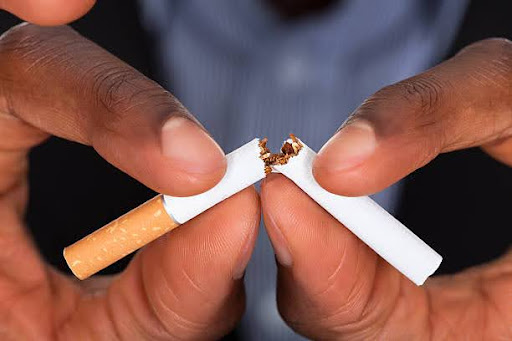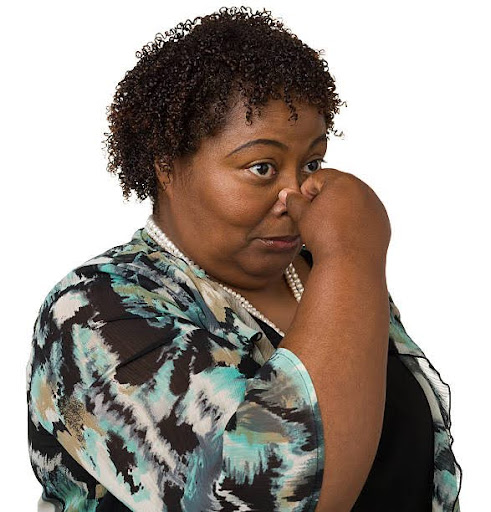Fertility: Preparation is Key – What to Do Before Trying to Conceive and How It Affects the Baby
Thinking about starting a family? It’s an exciting step, but it’s also one that requires some planning and preparation. Just like any major life event, the best outcomes often come from careful thought and action. When it comes to fertility and conception, preparing your body and mind can significantly impact not just your ability to conceive but also the health of your future baby. Let’s dive into what you need to know before trying to conceive and how these preparations can set the stage for a healthy pregnancy and baby. 1. Get a Preconception Checkup One of the first steps when considering starting a family is scheduling a preconception checkup with your healthcare provider. This checkup gives you the chance to discuss your health, any underlying conditions, and any medications that might affect your pregnancy. No just jump enter am. Check with your doctor first, make sure your body dey ready. E fit help avoid plenty wahala later. 2. Focus on Nutrition and a Healthy Diet Your diet plays a vital role in preparing your body for pregnancy. What you eat before and during conception can affect your fertility and the health of your baby. Here’s how to optimize your nutrition: If you dey plan for baby, start to chop better food now. E go help prepare your body and make sure say your baby get wetin e need to grow well. 3. Maintain a Healthy Weight Your weight can significantly affect your fertility and the health of your pregnancy. Being underweight or overweight can make it harder to conceive and can lead to complications during pregnancy. Your body weight matter o. No too thin, no too fat. Balance dey important to make sure your body fit carry belle well. 4. Avoid Harmful Substances Certain substances can harm your fertility and increase the risk of complications during pregnancy. It’s important to avoid these substances when you’re trying to conceive: Stay away from things wey fit harm your body. Smoking, harmful chemicals, and some drugs no good when you dey plan to carry belle. 5. Manage Stress and Prioritize Mental Health Trying to conceive can sometimes be stressful, and high-stress levels can affect fertility. Managing stress and taking care of your mental health is essential for both partners. Calm down, no let stress wahala you too much. E fit affect your body. Find ways to relax and enjoy the process. 6. Know Your Cycle and Time Intercourse Understanding your menstrual cycle can help you identify your fertile window—the time when you’re most likely to conceive. Know your body clock. If you sabi your ovulation time, e go help you know the best time to try for baby. Conclusion Preparing for pregnancy is more than just deciding you want a baby. It involves taking proactive steps to ensure your body is in the best possible shape to support a healthy pregnancy and baby. From getting a preconception checkup to focusing on nutrition, maintaining a healthy weight, avoiding harmful substances, managing stress, and understanding your cycle—these preparations can make a significant difference in your fertility journey and your baby’s well-being. Preparation na the koko. If you do all these things before you start to try, you dey give your baby better chance to start life well. By taking the time to prepare and make healthy lifestyle changes, you’re not just increasing your chances of conception but also setting the stage for a healthier pregnancy and a healthier baby.


